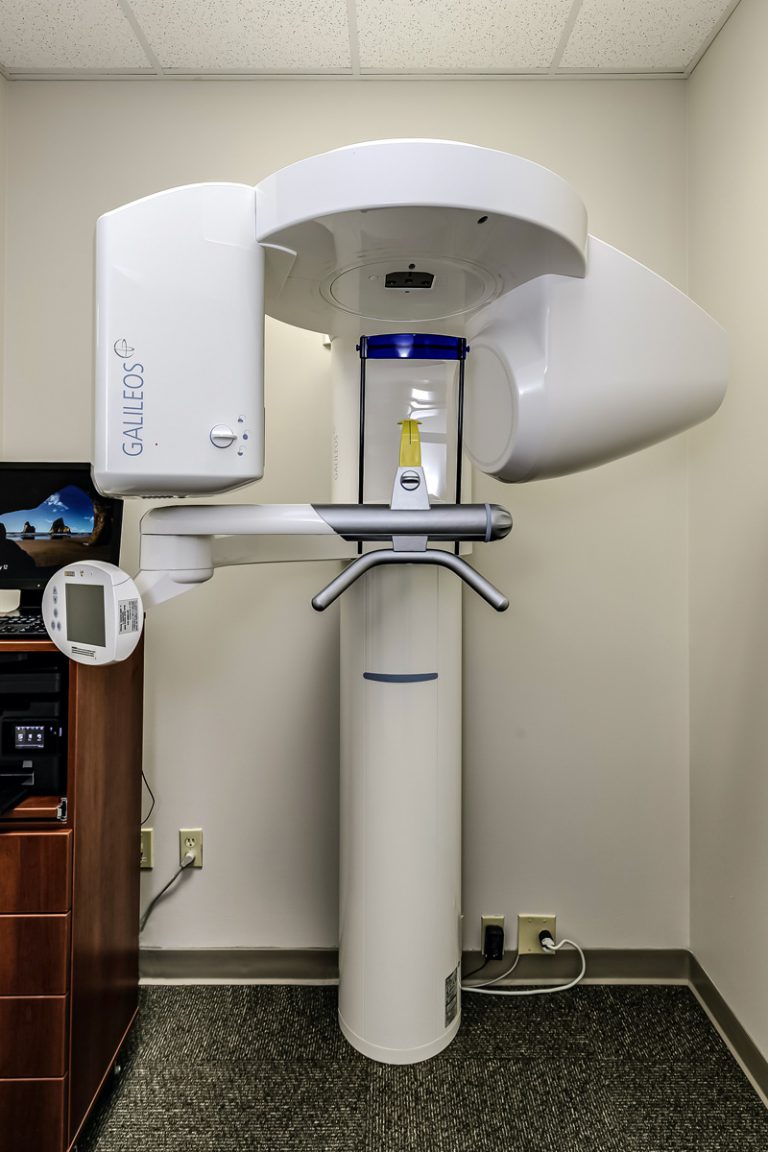To Buspar For Sale Visit Our Pharmacy ↓

Benzodiazepines
These medications work by enhancing the effect of gamma-aminobutyric acid (GABA), a neurotransmitter that inhibits brain activity, producing a calming effect. This is often the case for individuals diagnosed with this chronic condition characterized by excessive, uncontrollable worry about various aspects of life. One common concern is the use of cold and allergy medications, many of which contain ingredients that may interact with buspirone. When comparing Buspar to other anxiety medications, it's essential to consider both efficacy and side effects. Benzodiazepines are a class of medications commonly prescribed for the management of anxiety, insomnia, seizures, and even muscle relaxation. Unlike many other anxiolytics, Buspar is not a benzodiazepine, nor is it a sedative or muscle relaxant. Commonly reported issues include dizziness, nausea, headache, and occasionally, feelings of restlessness.
Beyond the Pill: Managing Side Effects Effectively
Selective serotonin reuptake inhibitors (SSRIs) and serotonin-norepinephrine reuptake inhibitors (SNRIs) are commonly prescribed for anxiety, leveraging their effects on neurotransmitter levels to provide relief. Additionally, doctors recommend buspar because it does not require stringent Sig directions or lead to adverse "hangover" side effects the next day. Whether facing social anxiety, panic attacks, or generalized anxiety disorder, Buspar has provided many individuals with the support they need to function optimally in their day-to-day lives. When comparing alternative anti-anxiety medications, a few noteworthy options include beta-blockers, which are typically used for heart conditions but can help with physical symptoms of anxiety, and pregabalin, initially known for treating nerve pain. What makes Buspar stand out is its ability to offer effective anxiety management without the sedative side effects that commonly occur with other treatments. For many, the path to managing anxiety begins with the exploration of various treatment options, leading to the discovery of Buspar (buspirone). In some cases, they might suggest supplements or dietary adjustments to counteract certain side effects, emphasizing the importance of a comprehensive approach to treatment and side effect management.
Over-the-counter Medications and Buspar: Safety Tips
These drugs work by enhancing the effect of the neurotransmitter GABA (gamma-aminobutyric acid), which induces a calming effect on the brain and nervous system. Those who embark on this journey are typically driven by a desire for a solution that allows them to retain clarity of mind and a sense of normalcy in their daily lives. Lastly, always consult your **Pharmacist** or healthcare provider if you have any concerns or questions about your Buspar prescription. Users have reported significant improvements in their symptoms, allowing them to navigate challenging situations with greater ease and confidence. Users often report feeling more at ease and better able to manage their daily stressors. Buspar, or buspirone, is an effective treatment for anxiety, but combining it with OTC drugs can sometimes lead to unwanted side effects. For many individuals seeking solace from the clutches of anxiety, life before encountering Buspar was often described as living in a shadow.
Introduction to Benzodiazepines: Uses and Effects
Individuals recount their apprehension, wondering if this time, the outcome would be different, if this medication would finally ease the relentless grip of anxiety that shadowed their daily lives. Buspirone, commonly known by its brand name Buspar, operates differently from traditional anti-anxiety medications. Often described as a tight band around the head, they can disrupt daily activities and overall well-being. This slower onset might be less ideal for those needing immediate anxiety relief but proves beneficial for long-term management without teh risk of abuse. Understanding that these symptoms are common can help alleviate some of the concerns they might bring up. Buspar exerts its anxiolytic effects primarily by interacting with serotonin receptors in the brain. It's also crucial to avoid alcohol, which can interfere with the medication's effectiveness.
The Chemistry Behind Buspar: Key Components
Unlike benzodiazepines, which show rapid effects, Buspar's anxiolytic benefits typically accumulate over several weeks. Common side effects can include dizziness, headaches, and nausea, which are usually mild and tend to diminish with continued use. However, unlike Buspar, benzodiazepines carry a higher risk of dependence and tolerance. The appeal of Buspar lies not only in its pharmacological profile but also in the stories of individuals who have experienced significant relief from their symptoms, encouraging others to consider its potential in their own journey towards mental health wellness. Many users report an enhanced ability to connect and communicate, attributing these improvements to the reduction of anxiety and increased emotional stability afforded by the medication. The personal accounts serve not only as testimonials of Buspar's effectiveness but also as a source of encouragement for those hesitant to start their treatment journey. Popular benzodiazepines include drugs like diazepam, lorazepam, and alprazolam, commonly known by their trade names.
Real-life Experiences of Improved Quality of Life
Unlike other common anxiety medications, which belong to the benzodiazepine class, Buspar stands out as a non-benzodiazepine anxiolytic. By sharing their journeys of overcoming anxiety and embracing a newfound sense of calm, these real-life experiences serve as a testament to the power of determination and the efficacy of Buspar in enhancing quality of life. Furthermore, rare but possible reactions might include mood changes such as hallucinations or feeling overly excited. Communication with healthcare providers is also crucial in managing side effects effectively. One user expressed how Buspar has provided them with a sense of calm and stability amidst life's challenges. This disorienting experience can be a side effect of taking Buspar. However, there can be more serious side effects such as confusion, irregular heartbeats, and unusual tiredness.
The Less Talked About: Rare Side Effects Uncovered
Its unique ability to target anxiety while minimizing side effects makes it a valuable tool in the treatment of anxiety disorders. While Buspar works by modifying the levels of certain neurotransmitters in the brain, psychotherapy aims at addressing the underlying psychological patterns contributing to anxiety. Despite the uncertainty and skepticism, the choice to embark on this treatment was a testament to their resilience and the enduring hope for a life unencumbered by the weight of anxiety. Combining Buspar with psychotherapy can significantly enhance the treatment effectiveness for anxiety disorders. Unlike typical anxiolytics, Buspar primarily targets serotonin receptors, helping to balance neurotransmitter levels in the brain. The transformation extends beyond the individual, touching the lives of friends, family, and even acquaintances. Remember to store Buspar at the right temperature, especially if it falls under the category of **Fridge Drugs**.
Headaches: Unwanted Pressure and Pain
These stories often share a common theme of gradual improvement, describing a slow but steady decrease in anxious feelings and an increase in daily functioning capabilities. The appeal of Buspar lies in its ability to offer anxiety relief without the typical sedative effects or the high potential for abuse and dependence seen with other medications. Activities and ambitions that were once deemed unattainable due to paralyzing anxiety now seemed within reach, fostering a profound sense of achievement and self-confidence. The journey towards understanding and accepting Buspar as a viable option for anxiety relief was filled with both skepticism and optimism. Unlike benzodiazepines, Buspar (buspirone) generally carries a lower risk of dependency. By modulating their activity, Buspar helps reduce anxiety symptoms without the common drawbacks associated with other anxiety treatments. This dependency is marked by severe withdrawal symptoms, including anxiety, seizures, and insomnia.
Introduction to Buspar Success Stories
As awareness grew, so did anecdotes of positive transformations, leading to a gradual shift in perception. As days turned into weeks, those first encounters with Buspar began to weave a narrative of transformation. This makes it a safer long-term option for GAD patients. Buspar, also known by its generic name buspirone, is a prescription medication primarily used to treat generalized anxiety disorder (GAD). One notable side effect some users report is an increase in nervousness and restlessness. This initial step towards exploring Buspar’s potential is marked by cautious optimism, spurred by the promise of a treatment that supports both immediate wellbeing and long-term mental health goals. For instance, combining Buspar with monoamine oxidase inhibitors (MAOIs) can lead to dangerously high blood pressure and should be avoided.
Benefits of Buspar Shared by Users
Some individuals may experience unusual symptoms such as blurred vision, muscle stiffness, or confusion. Patients are encouraged to keep a detailed record of any unusual symptoms or changes they notice and discuss them with their healthcare provider to ensure proper management and care. Patients often report feeling more relaxed and less anxious without the sedative effects typical of other medications. For many, the decision to start Buspar marked a critical turning point, a leap of faith spurred by the desire for change. However, understanding how Buspar works and its unique properties is essential for both patients and healthcare providers to ensure its optimal use. By influencing neurotransmitter activity, Buspar helps to balance the chemical messengers in the brain, contributing to a reduction in anxiety symptoms and an improvement in overall mental health without significant sedation or risk of dependency. This alteration in serotonin activity helps to balance the brain's chemistry, thereby reducing symptoms of anxiety such as excessive worry, irritability, and tension.










































